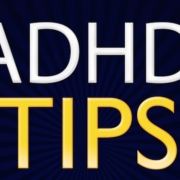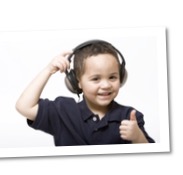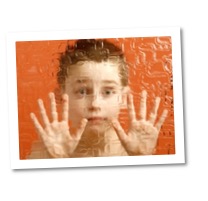How Does ADHD Medication Work?
Typically, medication is most effective at reducing symptoms of ADHD, while behavioral interventions are effective at resolving social and academic issues. The process of diagnosing ADHD can be a confusing and stressful time, not to mention the confusion regarding how medications work. Keep in mind that a detailed description of this process can fill a book about psychopharmacology and that this is a basic summary of some ADHD treatments.
ADHD is linked to dopamine deficiencies in the brain. Dopamine is a neurotransmitter, or tiny chemical, in the body that is associated with pleasure, rewards, and coordinating and organizing behavior. Neurotransmitters such as dopamine, serve as the messengers between brain cells (neurons). One brain cell releases dopamine, which travels to the neighboring cell. There is some excess dopamine in between the two cells (in the synapse), which is brought back to the original brain cell for use later, in a process called reuptake.
For people with ADHD, the goal is to increase the effects of dopamine on the body. This can be done by preventing reuptake of dopamine with medication. In other words, a cell releases dopamine to its neighboring cell, leaving some excess dopamine between the two cells or synapse. Instead of the excess dopamine being brought back to the first cell, it is left in the space between the two cells. Therefore, the reuptake is inhibited, or stopped. This way, more dopamine is allowed to communicate with the next cell, thus improving symptoms of ADHD.
Contact Dr. Gordon for help with your ADHD. We have treatment and solutions available online, by phone, and in our offices.
written by: Brianna Malinowski Jay Gordon, Ph.D
Hinshaw, S., & Scheffler, R. (2014). The ADHD Explosion. New York, NY: Oxford University Press.




